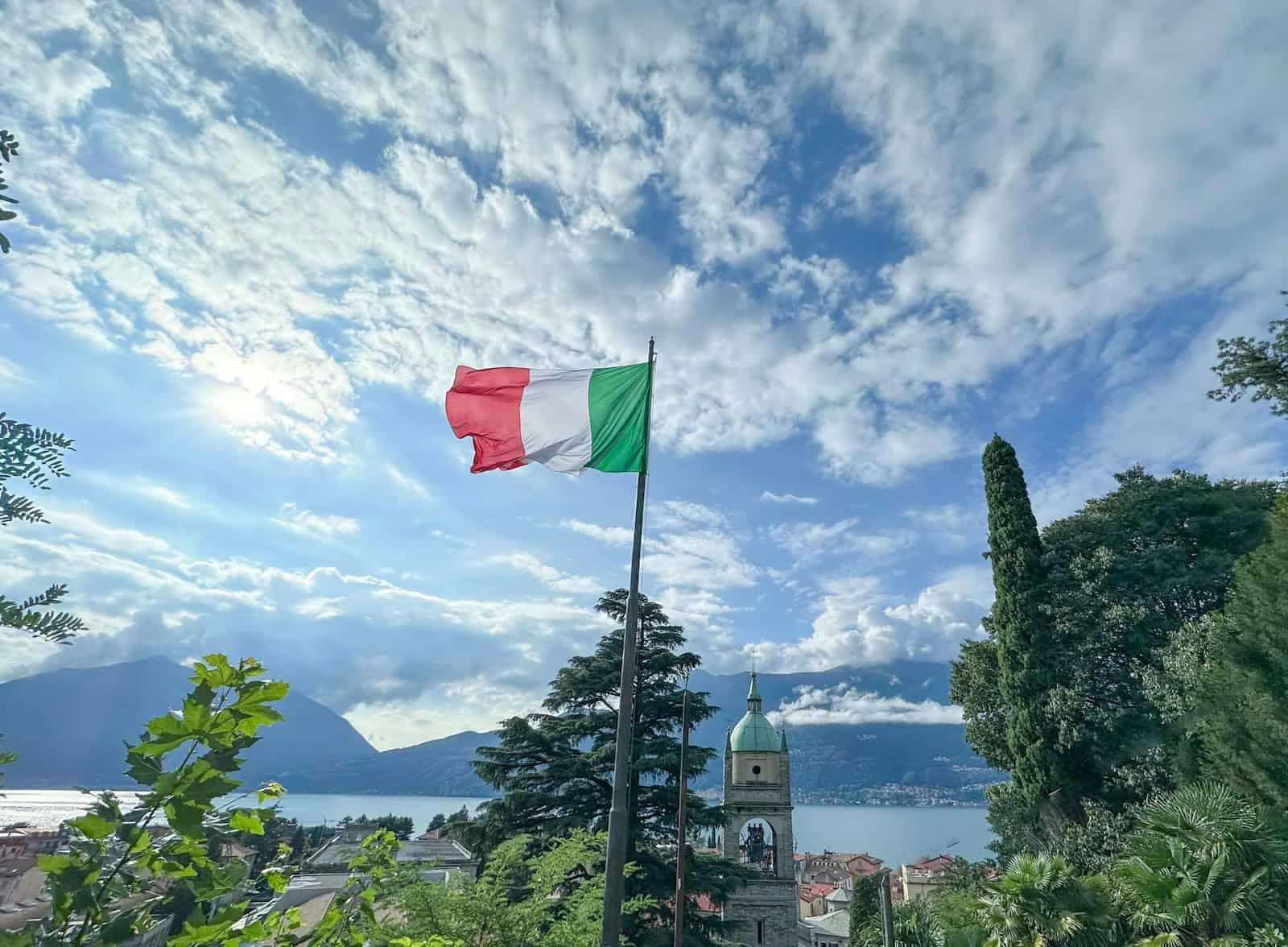Content
Buying a property in Italy is an exciting adventure that can offer both unforgettable experiences and a solid investment. However, in order to ensure a smooth and secure transaction, it is imperative that you are fully aware of all the property documents in Italy that you will need as a foreigner, as well as those that need to be verified by the seller. A thorough transaction check is key to avoiding future problems.
Why is documentation important when buying a property in Italy?
The Italian real estate legal system is strict and requires great attention to detail. The absence or inconsistency of even one document can delay or even derail a transaction. The main purpose of collecting and verifying documents is to ensure that:
- The seller is the legal owner and has the right to sell.
- The property is free from encumbrances (mortgages, liens, easements).
- The property was built legally and complies with all zoning and building codes.
- There are no outstanding obligations to the property (taxes, utilities, condominium fees).
Documents required from the buyer (foreigner):
As a foreigner, you will need to provide a few key documents:
- Valid passport: must be valid for the entire transaction period.
- Codice Fiscale (Italian Fiscal Code):
- Why it’s important: This is your tax ID in Italy and is absolutely mandatory for every financial and legal transaction, including signing a preliminary and final contract, opening a bank account and connecting to utilities.
- How to get it: you can get it from an Italian embassy/consulate in your country or directly from the Agenzia delle Entrate (Italian Tax Agency) in Italy.
- Italian bank account:
- Why it’s important: It’s needed to make payments on your purchase, pay taxes and fees, and for future monthly expenses (utilities, condominium fees).
- Requirements: Codice Fiscale, passport and proof of address are usually required.
- Proof of origin of funds:
- Banks and the notary may request documents proving the origin of the purchase funds, in accordance with anti-money laundering laws. These can be bank statements, income documents or other financial declarations.
- Power of Attorney (Delega / Procura Speciale):
- If you cannot be present in person at all stages of the transaction (e.g. signing the preliminary contract, opening the account, signing the final deed), you can give a notarized power of attorney to your lawyer or other trusted person. The power of attorney must be issued by an Italian notary or by a notary in your country (with an apostille and an official translation into Italian).
Documents required for the property (by the seller) and their verification
Your attorney (and surveyor/architect) will perform a thorough inspection of the transaction by reviewing the following property documents:
- Title deed (Atto di Provenienza / Rogito Notarile Precedente):
- What it is: a document proving how the seller acquired the property (previous purchase contract, inheritance, donation).
- Why it’s important: To trace the chain of ownership and make sure the seller is the legal owner and has the right to sell.
- Cadastral plans and data (Visura Catastale / Planimetria Catastale):
- What it is: documents from the Cadastre (Catasto) containing information about the property (location, area, distribution of premises, category, cadastral income).
- Why they are important: To verify that the physical condition of the property and its dimensions correspond to the official cadastral data. Discrepancies must be regularised before the sale, which is the seller’s responsibility.
- Building permits and certificate of habitability (Permesso di Costruire / SCIA / Certificato di Agibilità):
- What it is: Documents proving the legality of the construction and of any alterations or extensions made. The Certificate of Habitability certifies that the property is habitable according to sanitary, hygiene and building codes.
- Why they are important: Without these documents, the property may have “illegal” parts that need to be regularized (a practice known as “condono edilizio”) or demolished, which is expensive and complicated.
- Energy Performance Certificate (Attestato di Prestazione Energetica – APE):
- What it is: A mandatory document in any transaction certifying the energy efficiency of the property.
- Why it’s important: Gives an idea of potential heating/cooling costs and is a must for the act.
- Documents of encumbrances and mortgages (Visura Ipotecaria):
- What it is: a document from the Land Registry that shows whether there are any mortgages, liens, easements (rights of way), restrictions on sale or other encumbrances registered on the property.
- Why they are important: All encumbrances must be removed (or responsibility for them assumed, if agreed) before final transfer of ownership.
- Certificate of paid municipal taxes and fees (IMU, TARI):
- What it is: Proof that all annual municipal taxes (IMU) and garbage fees (TARI) have been paid.
- Why they’re important: To make sure you have no accumulated debts.
- Certificate from the condominium manager (Amministratore di Condominio) for paid fees (Spese Condominiali):
- What it is: a certificate confirming that there are no outstanding obligations to the condominium (monthly common area maintenance fees).
- Why it’s important: The new owner may be responsible for debts from the current and previous year.
- Utility Receipts:
- What it is: proof of payment of electricity, water, gas bills.
- Why they’re important: To make sure you don’t have accumulated debts to utility providers.
The role of professionals in document verification
- Advocato: He is your main ally. He will review all the above documents, identify potential problems and protect your interests.
- Notary (Notaio): the notary has the duty to ensure the legality of the transaction and to verify the underlying documents. He draws up and certifies the final contract.
- Surveyor/Architect (Geometra/Architetto): for the technical checks of cadastral compliance and legality of the construction.
Conclusion
Buying a property in Italy is a complicated but transparent process when done correctly. The key to a successful and secure purchase from a foreigner is a meticulous check of the transaction and all the property documents. Do not hesitate to invest in the time and fees of qualified local professionals (lawyer, notary, surveyor/architect). Their expertise will save you a lot of potential headaches and financial losses in the future, ensuring that your Italian dream will come true without a hitch.
You might also like:
- Where do Bulgarians most often buy property in Italy: top regions for Bulgarian investors and owners
- Cap Rate: a quick comparative analysis of property investments
- The Green Premium: How Data-Driven Sustainability is Redefining Property Value
This post is also available in: Български







